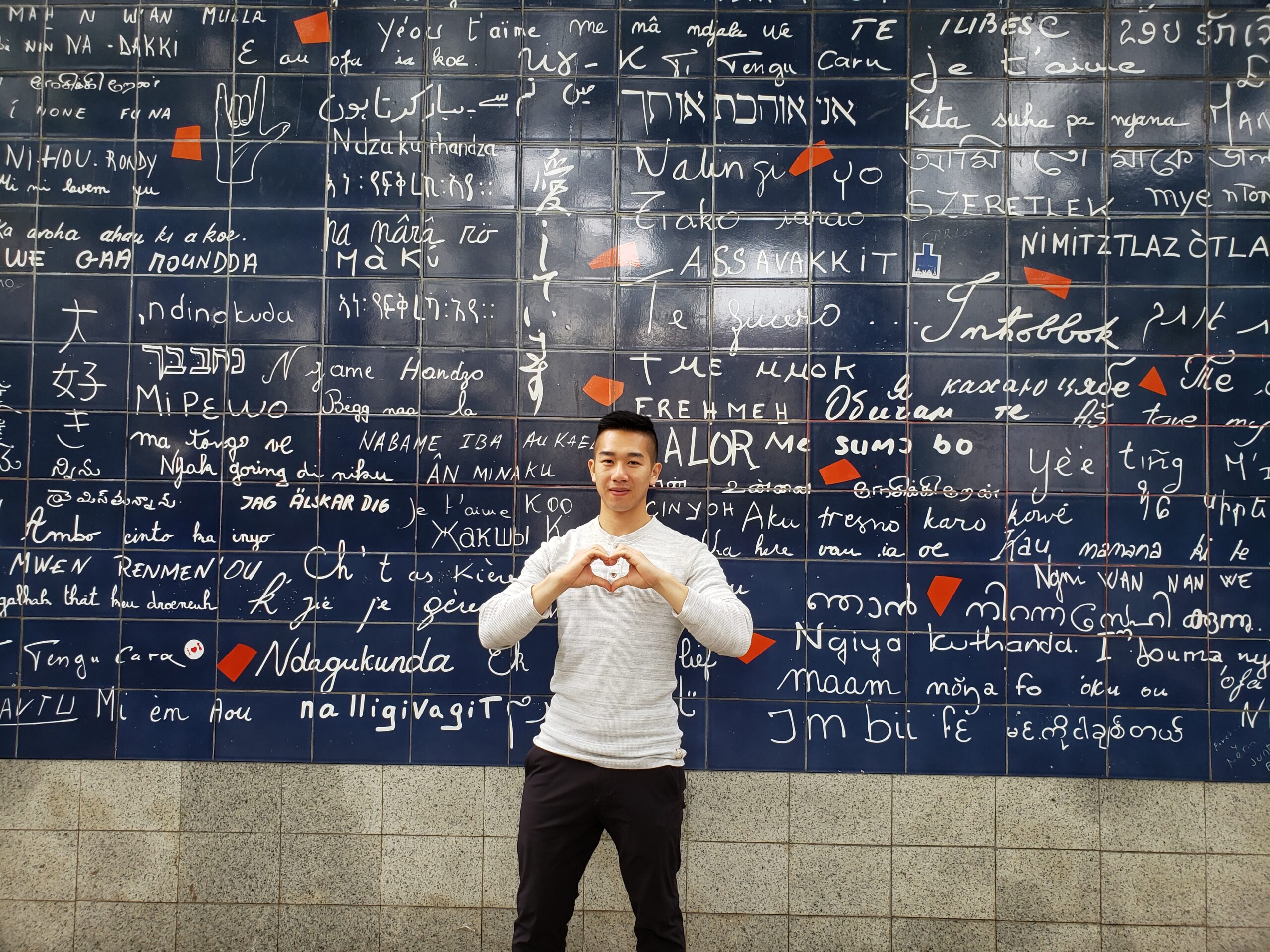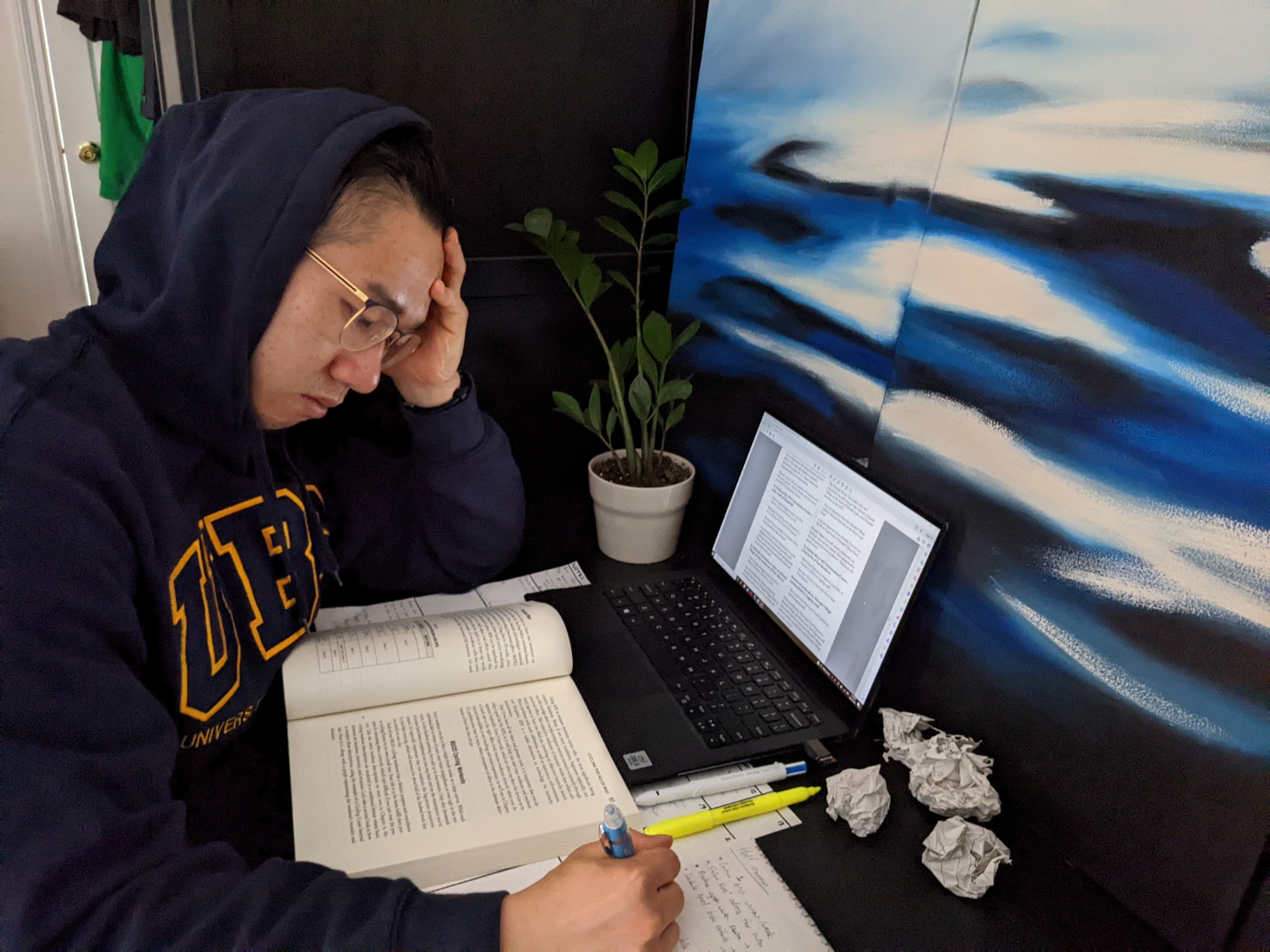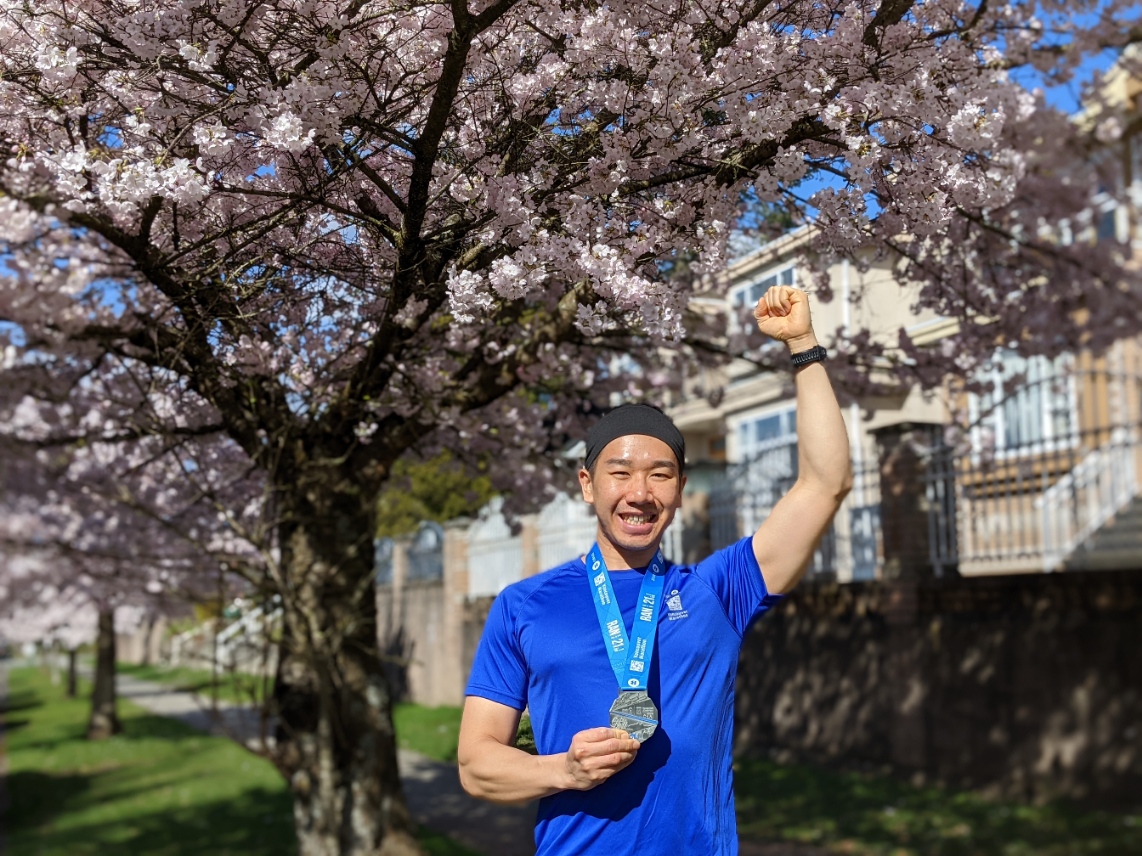Supporters and survivors
Participating in a charity run or ride like our Ride Don’t Hide or the BMO Vancouver Marathon’s RUN4HOPE can be transformative. There are typically two types of participants: supporters and survivors.
A supporter has been deeply affected by the cause they are running for. As a mental health organization, we have fundraisers who have lost someone to suicide and want to help others live through their battle. We have people whose loved one is in the thick of mental illness and need to feel they are part of the team making a difference. Sometimes runners know someone going through some challenging times but they don’t know them well enough to be involved. Joining the RUN4HOPE is the way they say: I am a mental health ally – I am working alongside you. Whatever the motivation the supporter is making a positive impact.

The survivors
One in three Canadians will be affected by mental illness in their lifetime. That is 33 percent. Not all mental illnesses are life-threatening but almost all are life-altering. There are many RUN4HOPE participants, like Raymond Jiang, who battle with depression.
“My struggle with depression persisted most of my life,” he said. “There were periods I slept into the afternoon, times when I would eat more even when I’m full, and countless days of lacking motivation.”
For Jiang, it was difficult to recognize the symptoms as depression.
“Mental health was not discussed in our household. Whenever I felt down, I thought it was a weakness and that I needed to put my head down and just work harder. This continued for a while until I reached a breaking point during a stressful time in university. I came close to failing a course and I broke down.
“I finally came to accept and acknowledge my depression. I sought help.”

Moving more, feeling better
Jiang embraced psychotherapy and began a difficult journey to unravel the negative thought pattern. He learned that changing his behavior can help uplift his mood and in turn, replace these negative thoughts with a more realistic and positive outlook.
“Once I acknowledged my depression, I felt empowered to take action,” he said. ”I tried meditation, journaling, affirmations, and it was exercise that ended up being my anchor to ground me day in and day out. Exercise became my keystone habit that also improved my eating routine, my relationships, and my overall happiness.”
Fortunately, Jiang found exercise beneficial to cope with his depression and he decided to take on a new exercise challenge.
“In 2019, I signed up for my first half-marathon race. The physical challenge was daunting, but I was even more terrified of the fight with the negative self-critic in my head. The voice that tells me: ‘You can’t finish it. Stop. Give up.’”
Jiang fought his inner demons using strategies he learned in therapy and through showing up to his planned training sessions.
“There were training days where I woke up with no motivation to run,” he explained. “I recognized this familiar symptom of depression and I understood that inaction would worsen my mood. Instead of thinking about how long I needed to run, I focused on the simple first steps of getting changed and lacing up my runners. That was enough for me to take action. I ended up enjoying the process and my self-confidence improved after each training run. I fought back against the voices with self-compassion: ‘I am stronger than you think. I am more capable. I am not giving up.’”

Crossing the line, giving back
Jiang conquered that negative narrative and finished his first half-marathon race with a proud smile. He gained newfound confidence in his mental fortitude to push beyond perceived physical limits. The race inspired him to tackle more challenges and give back to a personal cause.
“I signed up for the 2022 BMO marathon to push my physical and mental boundaries, but more importantly, I wanted to raise awareness for mental health to end the stigma around it,” he said. “When I first sought help, I did not share it with anyone. I felt shame. However, I eventually revealed my struggles with family and I was met with compassion. Now, I recognize that having the courage to be vulnerable opens us to deeper connections and makes us feel a little less alone in our mental health journeys. My dream is to envision a world where we all prioritize and discuss mental health just as much as physical health.”
Being a participant in any event supporting a cause is an excellent way to break down stigma. Asking for donations creates an opportunity to share why you are passionate about mental health. It creates a circumstance for meaningful conversation. For survivors, there is special meaning in having their participation in the BMO Marathon do double the good – achieving a goal and contributing to the community.
“The day I acknowledged my depression and sought help changed my life. I only wished I had the awareness and courage to do it sooner. I hope that my story inspires others, especially youth, to take ownership of their (mental) health.”
All funds raised by our RUN4HOPE are dedicated to the CMHA-VF’s youth mental health programs. Check out our website to learn more. To support Raymond’s fundraising efforts, donate here.
